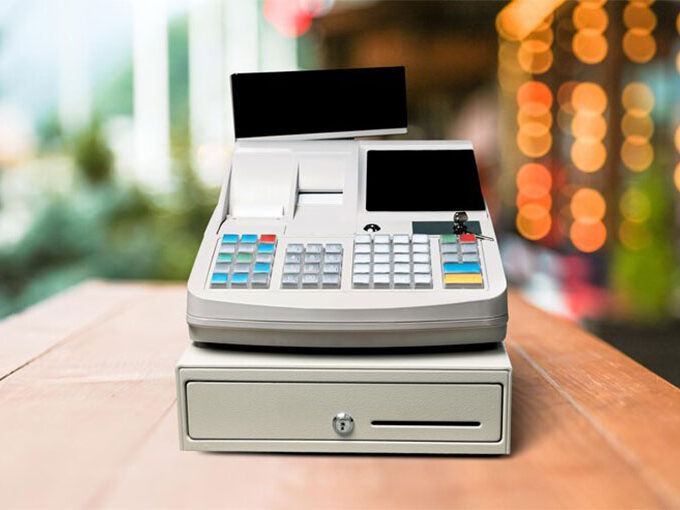It’s not easy to manage your money. Many of us don’t have a balance in our checkbooks anymore, so tracking expenses and keeping track of the bank balance can be a challenge. Personal finance apps connect to your bank account and can help you track your spending. Personal finance apps can not only help you track your spending but also allow you to identify areas where you have been spending. Some even let you pay your bills through the app. You can also keep an eye on your investment portfolio as well as your credit score.
Many features are included in the best personal finance apps, including email reminders, bill due dates, and track subscriptions. You can use these apps to manage your finances. You can access all the apps in our list on Android and iOS, so it doesn’t matter what smartphone you have.
List of Best Personal Finance Apps
1. Personal Capital
Personal Capital allows you to manage all your finances and investments. The app can be connected to your bank account to track your spending and create a monthly plan. But the best part is how it helps you optimize and track your investments. Track your portfolio by account or asset class.
You can find hidden fees and discover potential diversification opportunities with built-in intelligence on both the tablet and mobile versions. You can compare your portfolio to the major market benchmarks to see if you are on track to reach your investment goals. Personal Capital has registered financial advisors that can offer you tailored advice to meet your needs.
Also read: How to Apply For A Business Credit Card : A Complete Guide
2. YNAB
You Need a Budget, also known as YNAB, is a personal finance application that’s built around YNAB’s Four Rules. These rules – Give each dollar a job; Embrace your true costs; Roll with the punches; Age your money – will help you create a better budget and help you control your spending. To get a complete picture of your spending, import transactions from your checking account.
If you accidentally spend more than you budgeted for, or if you have under-budgeted for one category, you can adjust your budget categories to keep it balanced. You can see how your spending has been throughout the month, and get detailed reports to help you identify areas where you could improve. According to YNAB, the average user will save $600 within the first two months, and $6,000 over the course of the first year. The app is free to try for the first 34 days.
3. Prism
Prism gives you a comprehensive view of your finances by displaying all your financial accounts and bills in one app. Prism has more than 11,000 billers. This includes large banks as well as smaller utility companies. Prism tracks your bills automatically and sends reminders about due dates to remind you to pay on time. The app can be used to schedule payments for the next day or several days ahead. You don’t need to log in to multiple accounts to pay bills with Prism.
4. Spendee
Other personal finance apps can be used for private use. Spendee lets you create shared wallets that you can share with family and friends to help you manage household expenses. The app will import your bank transactions, and then categorize them so you can track how much money you spend each month. For a better understanding of your money’s spending, you can manually add cash expenses.
You can avoid going over budget by setting budgeted amounts for each category of spending and then tracking your progress towards the budgeted amount. You can use the bill tracker to make sure you pay all your bills on time and avoid penalties for late payments. To track your spending and stay on budget, create a category for a trip or other special event.
5. Mint
Mint, Intuit’s personal finance app, is one the most popular. It provides a complete picture of your financial situation in one place. Mint pulls all your transactions and categorizes them. It also shows you how much you spend each month.
Mint allows you to keep track of your spending and bills, and can even help you create a budget that you can follow. You can access your credit score free of charge. The site also gives you a breakdown of factors that contribute to your credit score. This will help you to keep track of your credit health. You can also track your investments and manage your utility payments.
Also read: Top 9 Money Saving Apps for Your Android Phones
6. EveryDollar
EveryDollar uses Dave Ramsey’s zero-based budget method. EveryDollar is given a purpose by the zero-based budget. This is why the app’s called EveryDollar. The app includes a monthly expense tracker that allows you to connect with your bank to import transactions so you can keep track of your spending.
The tracker will show you how much you have spent and how much you have left. You can connect to money management specialists through the app who can assist you with financial planning. Access your budget via the app or from a desktop computer. All new users get a free trial to the premium version. The app menu allows you to upgrade permanently.
7. Mobills
Mobills allows you to track how your spending compares with your budget. You can see how much you have left to spend in each category of your budget so that you can reduce your spending. Interactive charts in the budget planning app allow you to view your financial situation and make adjustments to help you reach your larger financial goals.
You can add your credit cards to the app and see your balances and spending limits in one place. To keep track of when bills are due, you can add all bills to the app. You can only use the free version of the app for limited functionality. However, you can upgrade to the premium version to have full access to all features.










Leave a comment